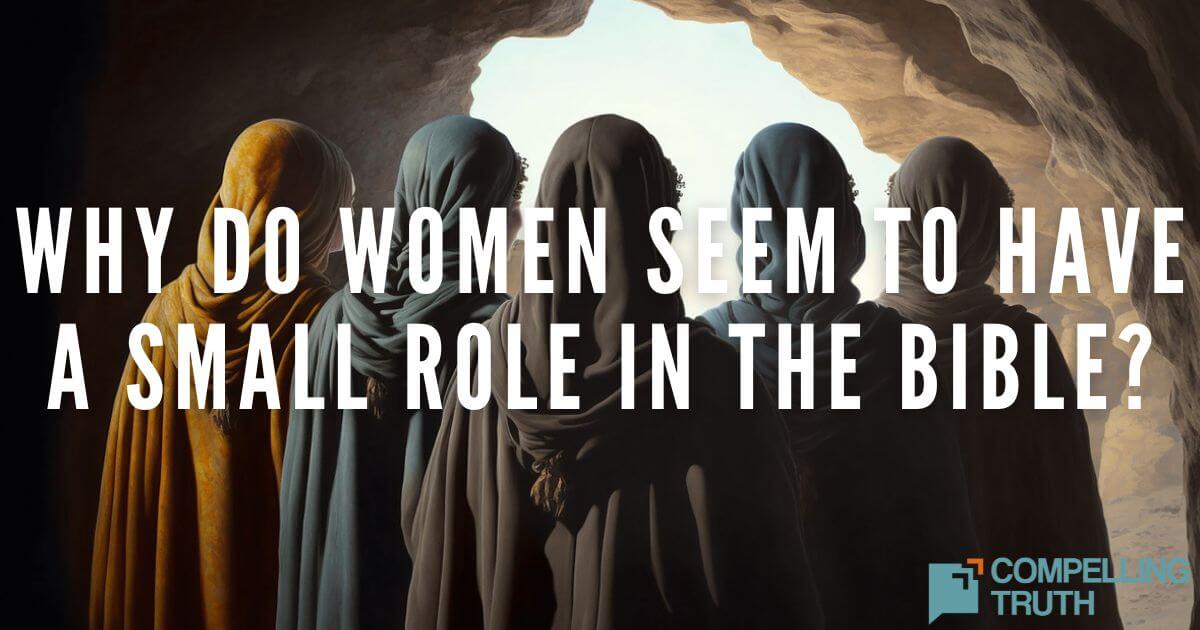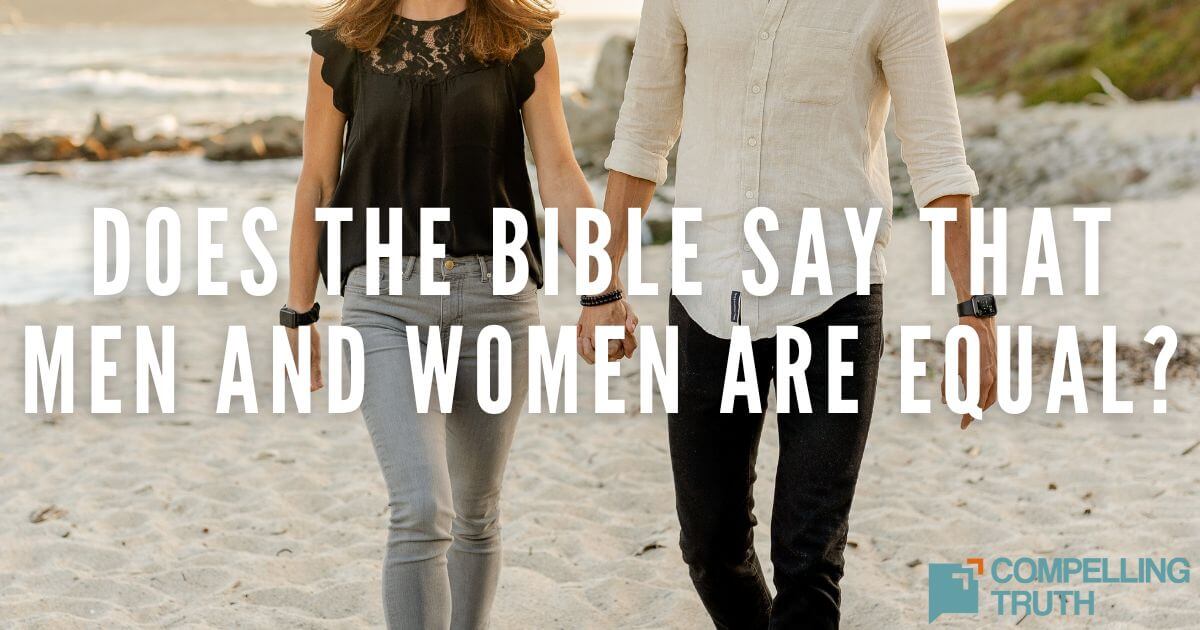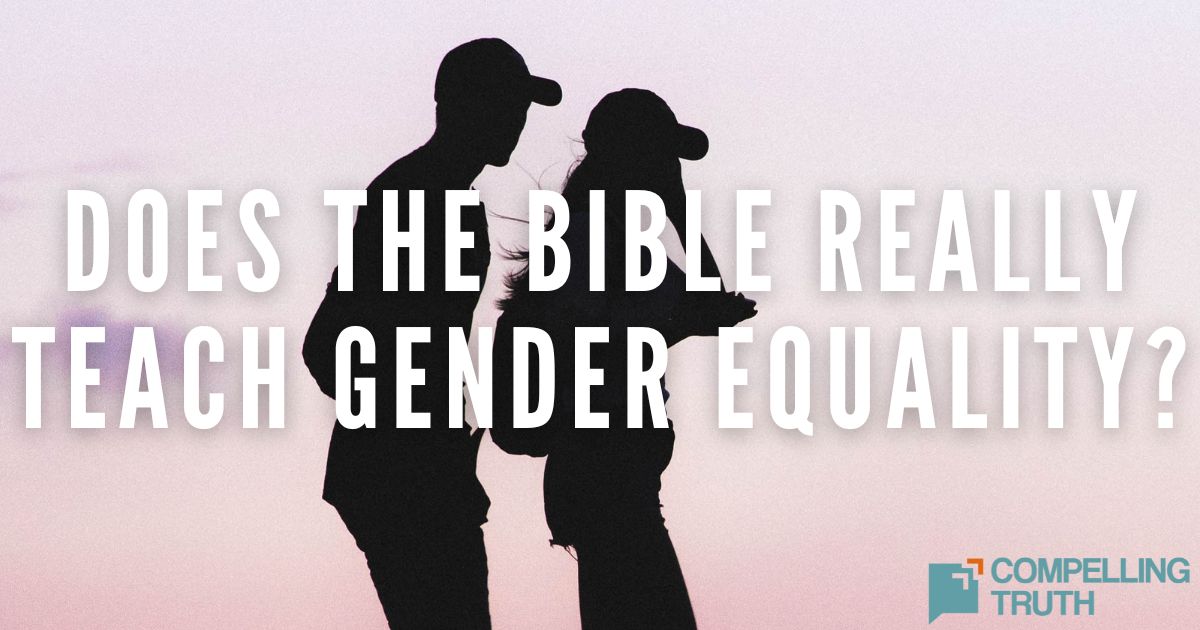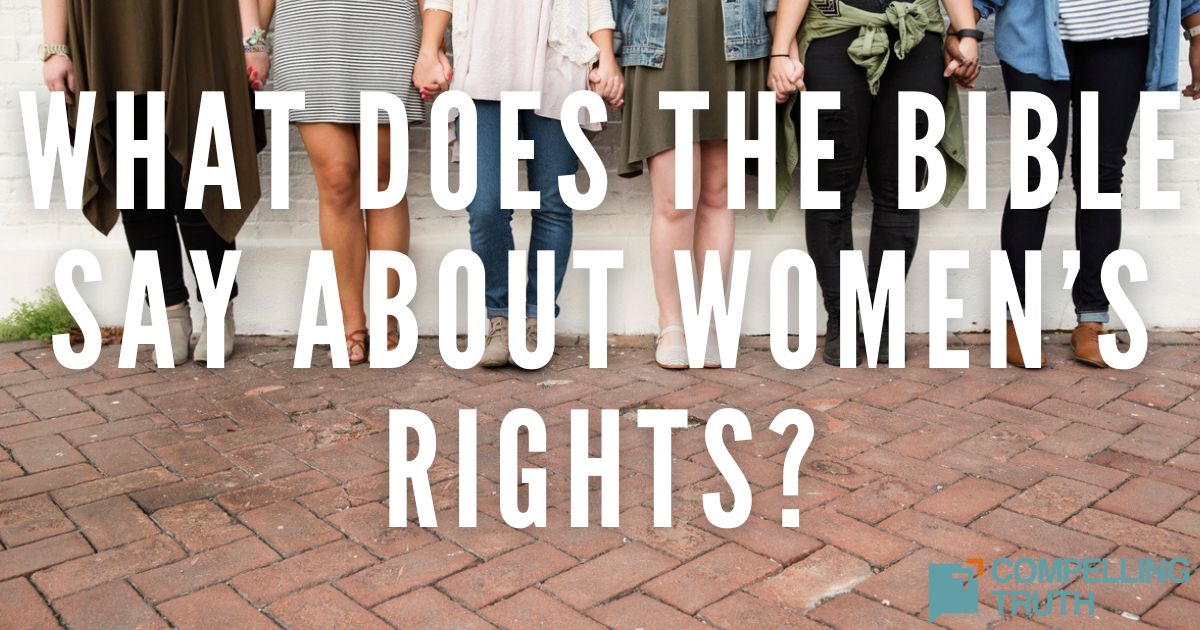what does the bible say?
Jesus consistently treated women with dignity, respect, and equality, challenging the cultural norms of His time that often marginalized them (Luke 8:1-3; John 4:27). God revealed Jesus’ identity to women, beginning with Mary and later to Anna, showing their central role in His redemptive plan (Luke 1:30-31, 2:36-38). During His ministry, Jesus welcomed women as disciples, friends, and supporters, giving them a voice and roles of spiritual significance (Matthew 27:55-56; Luke 10:39). Jesus’ conversations with women broke social barriers and demonstrated His commitment to upholding the value of both men and women (Luke 7:37-39; John 4:7-9). Jesus’ teachings and relationships with women set a precedent for equal value and significance in the kingdom of God, which His apostles reinforced through teaching that men and women are co-heirs of God’s promises (Galatians 3:28; 1 Peter 3:7). Jesus’ interactions with women call us to uphold the dignity, worth, and equality of women.




